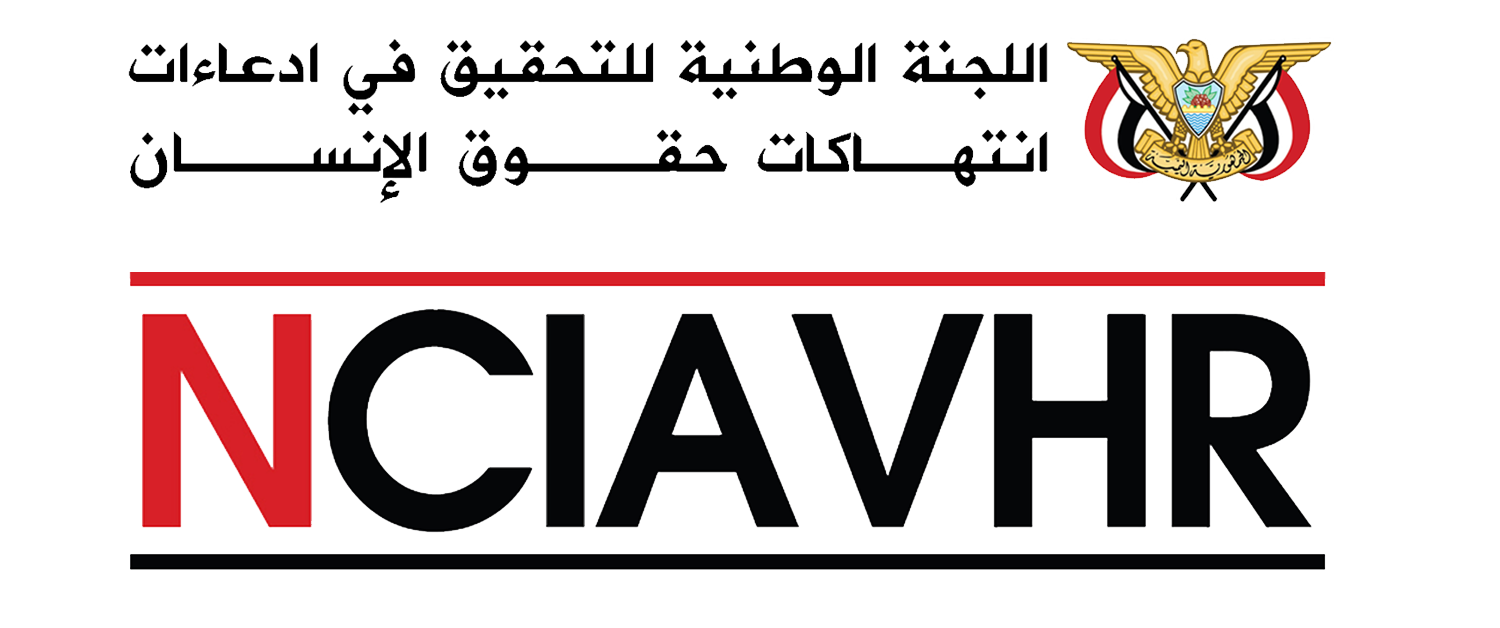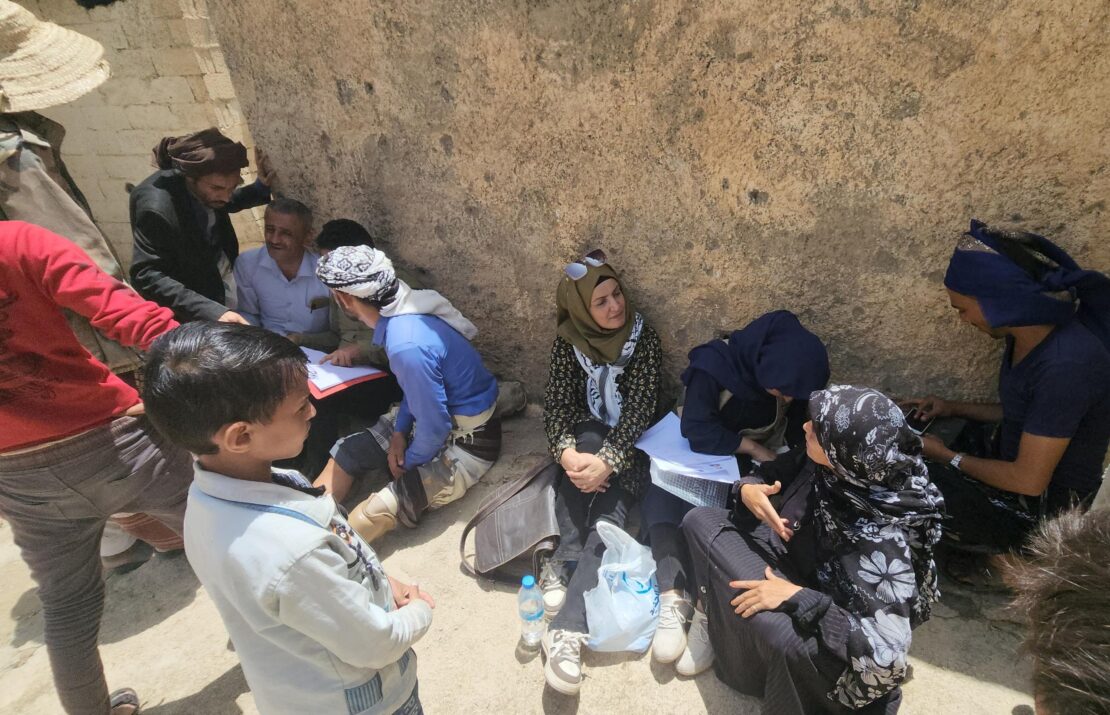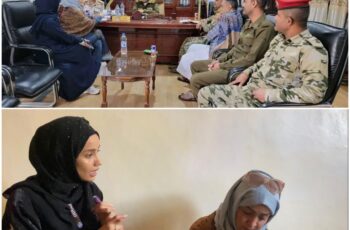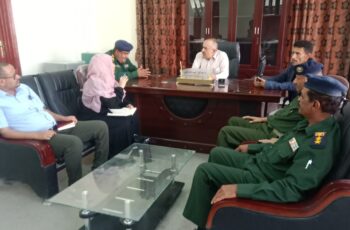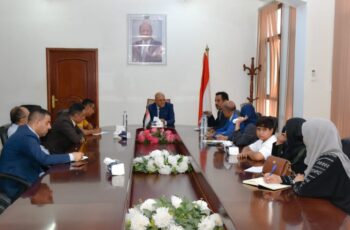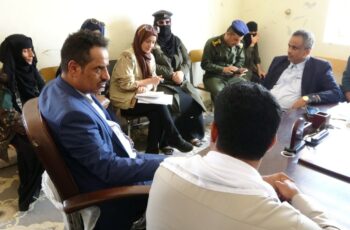NCIAVHR Conducts Field Investigation into Recent Violations in Villages of the Shaqab Area, Taiz Governorate
Taiz (Sabr Al-Mawadim) | July 13, 2024
The National Commission to Investigate Alleged Violations of Human Rights (NCIAVHR) carried out a field visit to multiple villages in the Shaqab area of Sabr Al-Mawadim District in Taiz Governorate today. The purpose of the visit was to continue investigations into various violations related to the ongoing conflict in the first half of 2024. Additionally, the visit aimed to assess the human rights situation in the area and the implementation of an informal humanitarian truce.
During the visit, the Commission’s team listened to testimonies from (68) individuals of both genders and met with numerous civilian victims in the villages of Habour, Al-Aqmah, Al-Awat, Al-Muharrazah, Al-Qubaa, Jannumai, Shahir, and Najd Al-Murqab in the Shaqab area of Al-Najada. The team also collected crucial documents and supporting evidence related to these incidents and identified the perpetrators.
The team inspected and reviewed the aftermath of attacks on civilian gatherings, which resulted in civilian casualties and damage to homes and properties, as well as restricted access to resources and mobility. They also noted the continued planting of landmines in farmlands and protected areas, which are often frequented by women and children, in violation of international humanitarian law.
Additionally, the team recorded testimonies from women and analyzed the rights lost by women in the area due to the war, including the right to life, physical and psychological safety, freedom of movement, work, and economic rights due to the targeting of vast farmlands owned by women. They also documented and investigated the direct losses suffered by all civilians.
As the Commission continues its field investigations and efforts to ensure that perpetrators are held accountable, it reminds all parties to adhere to the prohibition of torture and attacks on civilians and to minimize the impacts of military operations. The Commission also calls on the legitimate government and international and regional humanitarian organizations to contribute to alleviating the food and health suffering of the population.
